|
The May/June issue of the Red Eft is here! It features the marvelous B.J. Hollars and his beautiful new book, the BEST sourdough cracker recipe (if you hate trying to figure out what to do with your discard, this is the recipe for you), a recap of my writing residency at Monson Arts, tomato facts from Zoe, and more! You can read it here.
0 Comments
I was incredibly fortunate to participate in a residency at Monson Arts last month. I spent ten days in beautiful Monson, Maine with nine other writers and visual artists, and we were provided with housing, studios, meals, and the time to create. I spent my time working on my memoir, writing poems, and reading voraciously. Monson was my first ever residency, and it was an unforgettable experience.
The latest issue of my newsletter, The Red Eft, is here! It features the writer Anica Mrose Rissi, a writing prompt, some reading recommendations, an easy scarf pattern, and more. You can read the newsletter here.
The latest issue of my newsletter, The Red Eft, can be read here, and it features poet Meghan Sterling (pictured below), along with some writing news, reading recommendations, a prompt, and more.
Earlier this month, I learned that River Teeth's Beautiful Things series had nominated my essay, "On Massachusetts General Hospital Reaching Out to Schedule Your Covid-19 Vaccine," for the "Best of the Net." Only two essays of the 52 published that year were selected, and I was honored that mine was chosen. You can sign up to receive River Teeth's Beautiful Things in your inbox every Monday (for free!).
I'm thrilled to be participating in the 17th Annual Statewide Caregiver's Conference happening on Wednesday, November 8, 2023, in Concord, NH. I'll be teaching my "Writing through Caregiving" workshop for conference participants. To learn more and register, click here.
The latest issue of my newsletter, The Red Eft, is here. The May/June issue features fellow writer Karen DeBonis, some writing updates and reading recommendations, news about grief camp, a sweater pattern, a tree fact from Zoe, and much more!
I'm thrilled to share that I was selected as a Finalist for the 2023 Sustainable Arts Foundation awards. The Sustainable Arts Foundation provides grant support to parent artists and writers, and I was selected out of nearly 2,500 applicants, so I am deeply honored. To learn more about the Sustainable Arts Foundation and see the list of 2023 grantees and finalists, click here.
The latest issue of The Red Eft, my bimonthly newsletter, is here! I've included some writing and workshop updates, a cool egg-dyeing project with handmade natural dyes, a feature of the phenomenal knitting designer, Bristol Ivy, a hedgehog fact from Zoe, and more! You can read the March/April issue here.
|
AuthorSarah Kilch Gaffney lives and writes on a little piece of land in Maine. Archives
July 2024
Categories
All
|


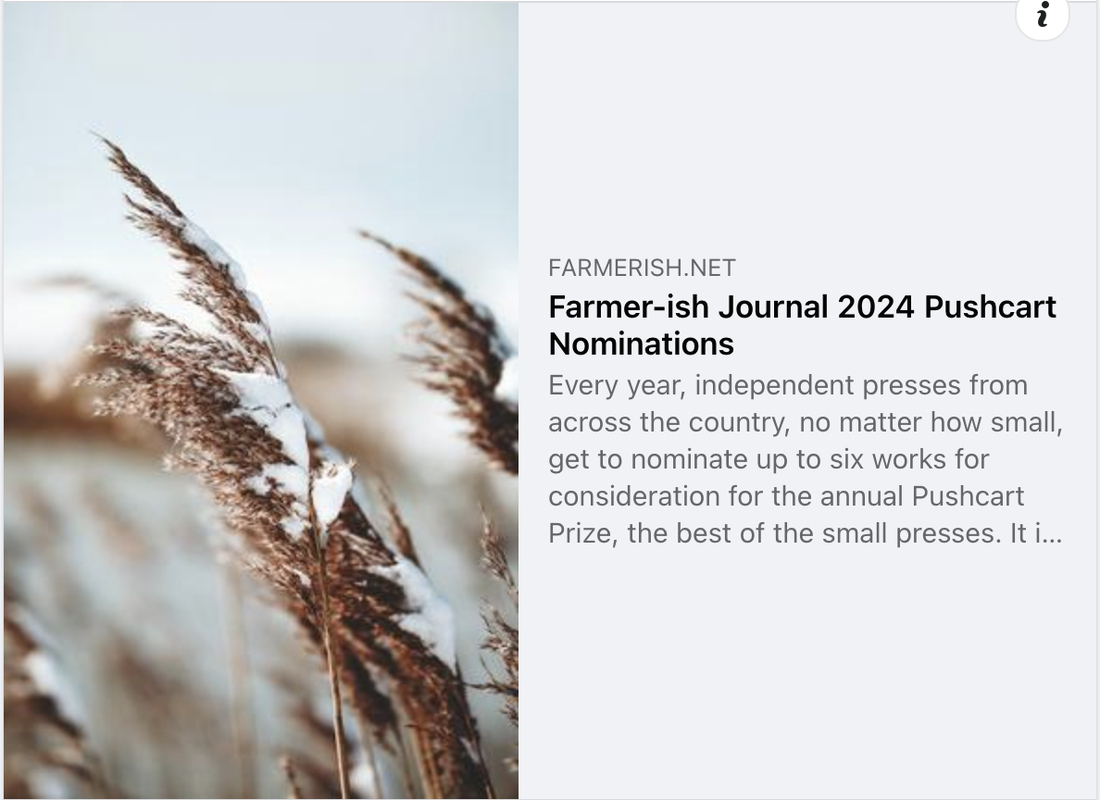
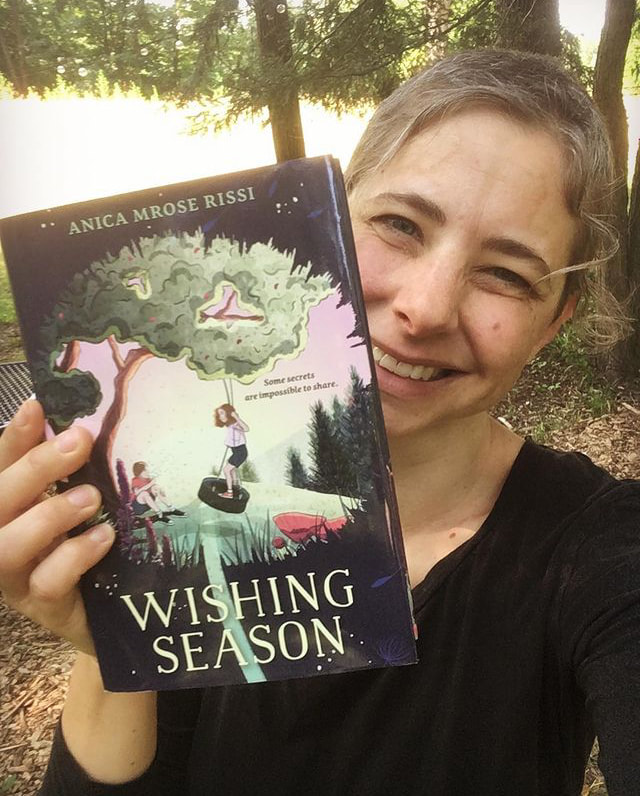
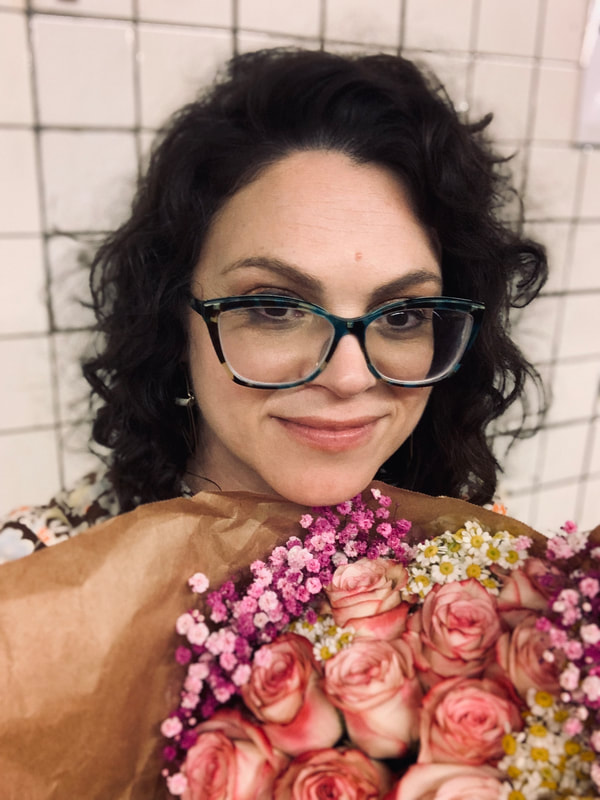

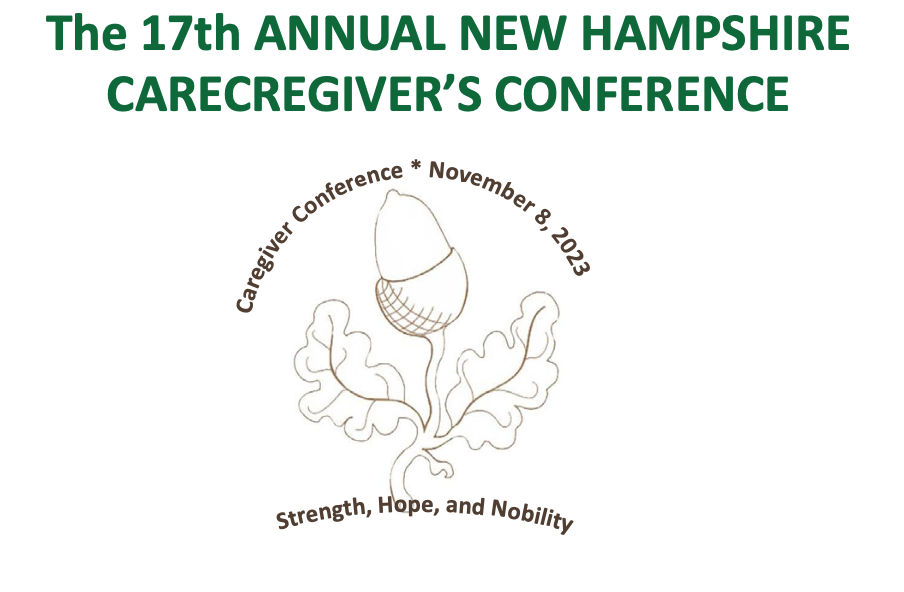
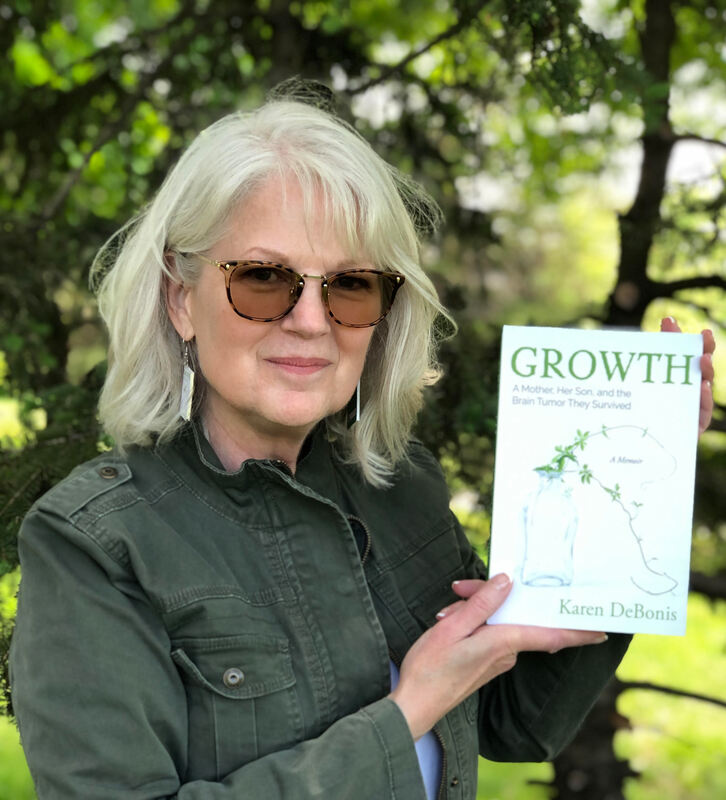
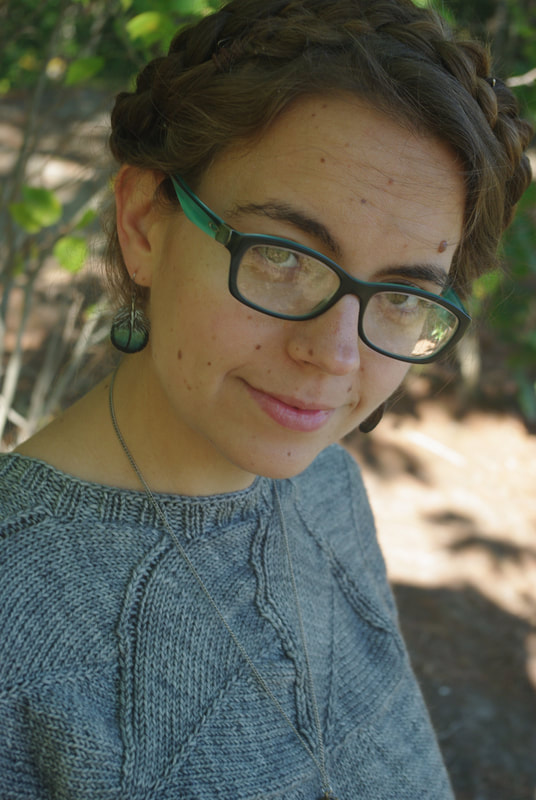
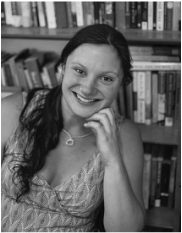
 RSS Feed
RSS Feed